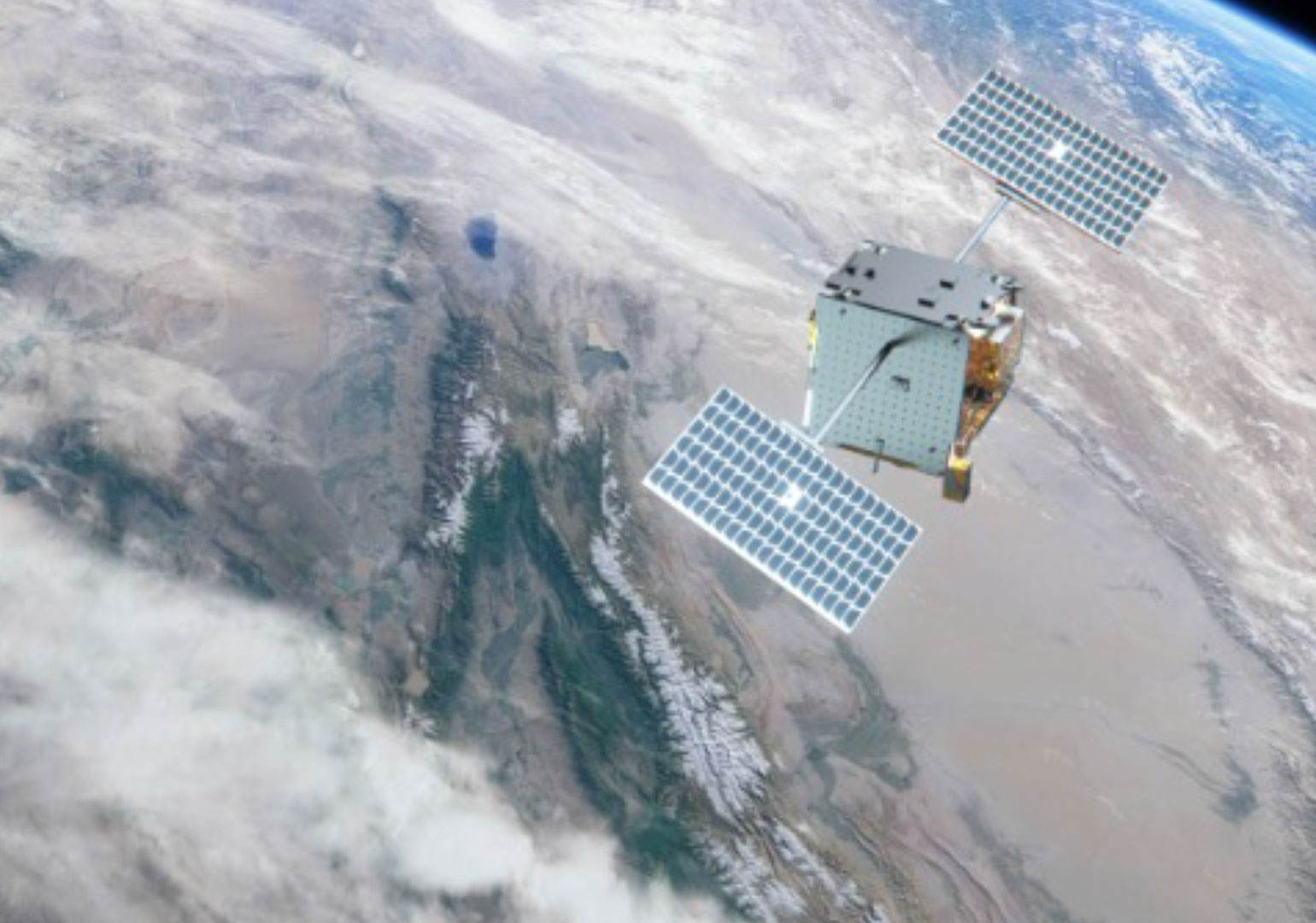Photo Courtesy of Loft Orbital
Julien Bouillant, age 43, brings nearly two decades of experience in spacecraft production and operations management, now leading assembly, integration, and testing processes at Loft Orbital. His professional path covers specialized roles in both software and hardware at Airbus Defence and Space, shaping his practical method for satellite manufacturing. Julien Bouillant’s skillset bridges reliability checks from software systems to physical production, refining methods that have moved industry practice away from slow, individually tailored builds toward a more systematic, high-volume approach that meets increasing commercial and governmental demand.
Industry Context and Growth
The current satellite manufacturing market is projected to reach $35.95 billion by 2030, with a compound annual growth rate of 12.3 percent. Despite this rapid expansion, manufacturers face persistent challenges: limited numbers of seasoned engineers and production staff, paired with legacy protocols resembling luxury automobile manufacturing rather than efficient assembly. Production bottlenecks remain a limiting factor for industry expansion. Julien Bouillant’s efforts at Airbus OneWeb Satellites demonstrated that it is possible to increase output while maintaining high standards for reliability and safety, which is essential for successful missions worth hundreds of millions. Notably, SpaceX has deployed more than 2,000 satellites for Starlink in a single year, using new assembly processes adapted for scale.
From Software Systems to Manufacturing Oversight
Julien Bouillant first served as a developer at Airbus Defence and Space, specializing in ground applications and mission operations. As he moved into production and program management, he gained experience that illustrated how failures in software and hardware have vastly different consequences, software errors may stop a program, but physical defects in spacecraft can result in mission losses with far-reaching financial impacts. These lessons led him to adopt systematic checks, documentation, and pre-emptive testing as benchmarks for satellite assembly and delivery, ensuring robust reliability for each spacecraft produced.
His academic foundation comes from ISAE Supaero, where he studied Space Vehicle Design and Space Environment for five years, graduating at 23. This technical education prepared him for supporting launches in Florida, Kazakhstan, and French Guiana and working alongside major operators such as Ariane 5, Ariane 6, Soyuz, Proton, Vega, and Falcon 9.
Facility and Production Expansion
Julien Bouillant’s leadership at Airbus OneWeb Satellites in Florida resulted in the creation of one of the highest-frequency assembly lines for space vehicles in the United States. The production site delivered modular platforms capable of supporting shared payloads and diverse mission requirements, achieving output levels previously unreachable by traditional methods. The manufacturing line at Merritt Island uses refined protocols adapted from industrial production, now rated to produce up to two satellites per day.
In the UAE, Julien Bouillant helped establish clean room facilities at the NSSTC (National Space Science and Technology Center), a facility developed with contributions from UAE University and the UAE Space Agency. His role there, under a contract with Airbus Defence and Space, included overseeing installation and certification to meet rigorous international standards and support research and technology development in space science.
Ongoing and Future Industry Needs
Julien Bouillant’s current responsibilities at Loft Orbital address challenges such as accommodating multiple payloads on shared satellite platforms, requiring flexible manufacturing strategies and comprehensive planning. Industry growth is exacerbated by a lack of newly trained engineers; U.S. universities graduate about 1,000 aerospace engineers annually with a specialized space systems focus. Manufacturing spacecraft demands unique experience: satellites must survive vacuum conditions, radiation, and operate independently for long durations. Specialized expertise and procedural discipline remain central to building successful production teams capable of supporting commercial, exploratory, and research-driven missions.
Julien Bouillant’s involvement at various scales, from small CubeSats to multi-ton communication platforms, as well as facility expertise in both the United States and the Middle East, serves as an example for building cross-functional production management. Countries establishing space programs increasingly recognize the importance of knowledge transfer and practical know-how in growing domestic capacity for orbital operations.
Julien Bouillant’s story shows how technical skills in both software and hardware, international experience, and practical production management collectively support the sector’s ability to meet mounting demand, while maintaining strict standards for reliability and mission assurance. His path reflects ongoing changes, moving the field toward greater output rates and broader access to orbital technology.
















